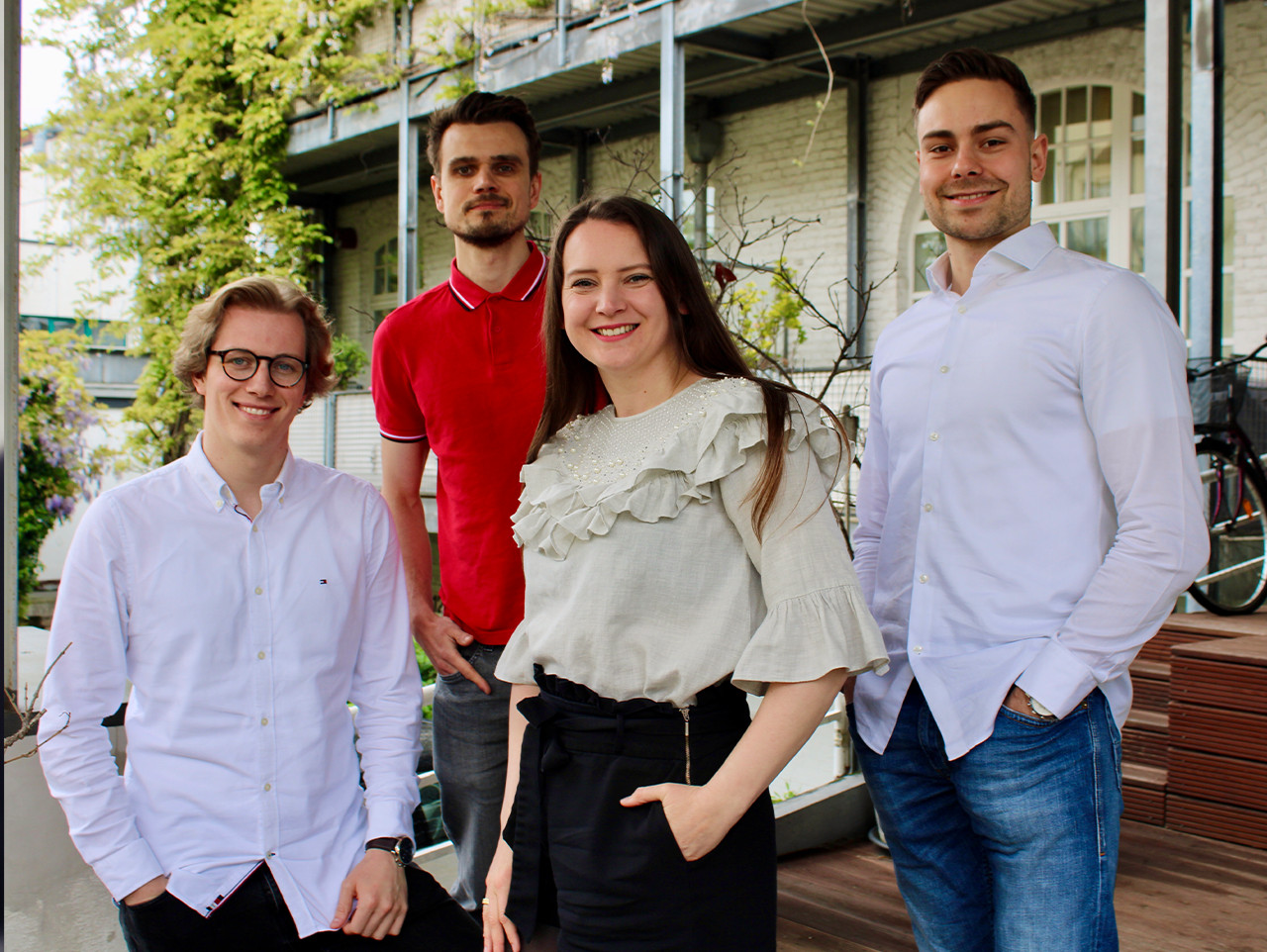
Food producers can spend weeks searching for raw materials that meet the required quality standards. Raw material suppliers, in their turn, are looking for the right buyers. The new digital B2B platform LEROMA, a Düsseldorf start-up, wants to make this process more efficient and simpler. Suppliers of raw materials place their products on the platform. In this way, they contribute to a growing global database, which is available free of charge to food producers. They can filter by product-specific criteria and find the ideal raw material for their product in just a few clicks.
Manufacturers can also buy and sell raw materials at favourable prices on the 'Surplus Exchange', a digital marketplace for residual materials, residual articles and surpluses. The aim is to save money and combat food waste. If raw materials can no longer be processed in the own company before the expiry of the best-before date, it makes sense to offer them on this 'surplus exchange'.
Food processing companies regularly produce surpluses that never reach the end consumer. Either too much or the wrong quantity is purchased, often due to high minimum purchase quantities. Sometimes raw materials are delivered that do not meet technical criteria, or there is a surplus because a customer drops out at short notice. Fruit and vegetables, sorted out in the field because of small visual defects due to shape or bruising, no longer have to be thrown away. Buyers save money, avoid long waiting times and bypass high minimum purchase quantities. This allows food manufacturers to respond more flexibly to short-term customer requests and/or trends.
In addition, the surplus exchange also offers residual materials, such as coffee grounds, egg shells and fish scraps, which are produced during the processing of foodstuffs. They are often destroyed because they no longer have any obvious use. LEROMA wants to make entrepreneurs inside and outside the food industry aware of the potential of these raw materials. For example, eggshells serve as a natural whitener in detergents; fish skin and scales are suitable for the production of biodegradable plastic; and walnut shells contain the dye juglone - a natural alternative to synthetic dyes in the textile industry, for example.
When it is already too late to prevent food waste, passing on raw materials is the most desirable option. With the surplus exchange, Leroma wants to encourage various industries to make more use of raw materials that are already available, and thus contribute to a sustainable circular economy.
In the picture: The initiators of the startup LEROMA
Source: Vakblad Voedingsindustrie 2021